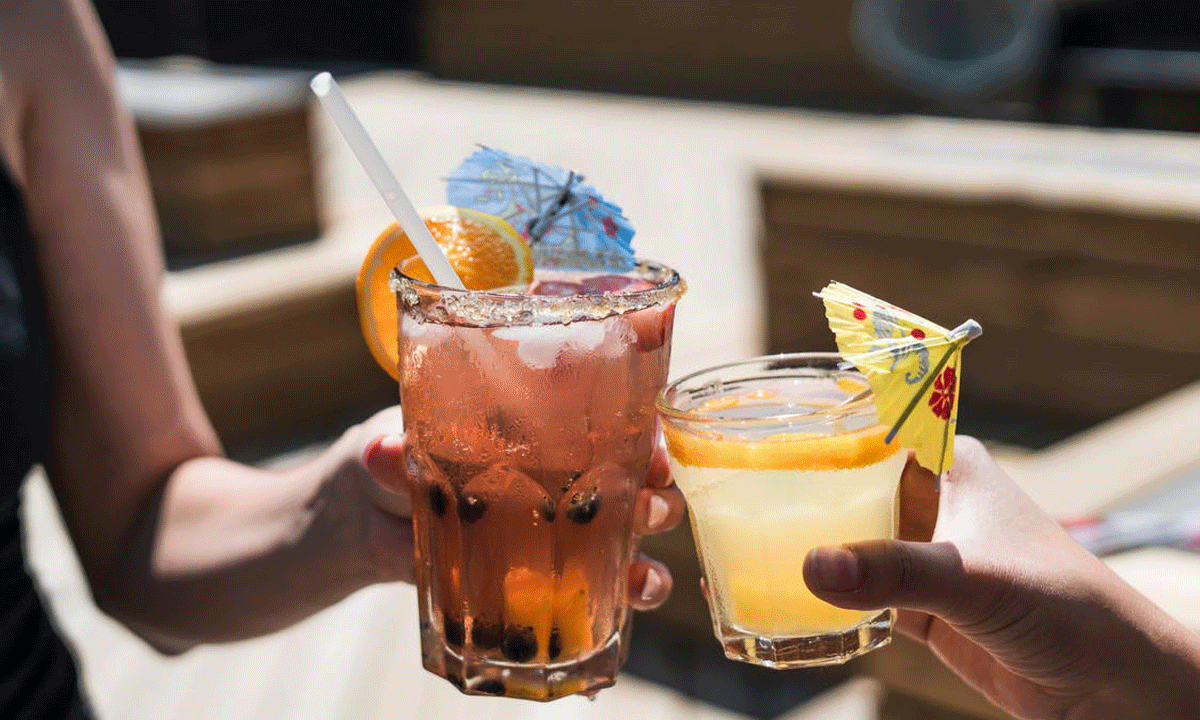It’s easy to see alcohol consumption being a result of thousands of years of ritual and a lifetime of habit. But have you ever stopped to consider why it is you choose to drink?
Knowing what motivates people to drink is important to better understanding their needs when it comes to encouraging them to drink less, or in a less harmful way.
The four types
Personally, everyone can come up with many reasons why he or she is drinking, which makes a scientific understanding of the reasons difficult. But there is something called the motivational model of alcohol use, that argues we drink because we expect a change in how we feel after we do. Originally developed to help treat alcohol dependence, the ideas described in the model led to a new understanding of what motivates people to drink.
More precisely, the model assumes people drink to increase positive feelings or decrease negative ones. They’re also motivated by internal rewards such as enhancement of a desired personal emotional state, or by external rewards such as social approval.
This results in all drinking motives falling into one of four categories: enhancement (because it’s exciting), coping (to forget about my worries), social (to celebrate), and conformity (to fit in). Drinkers can be high or low in any number of drinking motives – people are not necessarily one type of drinker or the other.
All other factors – such as genetics, personality or environment – are just shaping our drinking motives, according to this model. So drinking motives are a final pathway to alcohol use. That is, they’re the gateway through which all these other influences are channelled.
1. Social drinking
To date, nearly all the research on drinking motives has been done on teens and young adults. Across cultures and countries, social motives are the most common reason young people give for drinking alcohol. In this model, social drinking may be about increasing the amount of fun you are having with your friends. This fits in with the idea that drinking is mainly a social pastime. Drinking for social motives is associated with moderate alcohol use.
2. Drinking to conform
When people only drink on social occasions because they want to fit in – not because it’s a choice they would normally make – they drink less than those who drink mainly for other reasons. These are the people who will sip a glass of champagne for a toast, or keep a wine in their hand to avoid feeling different from the drinkers around them.
In the last couple of years, programs like Hello Sunday Morning have been encouraging people to take a break from drinking. And by making this more socially acceptable, they may also be decreasing the negative feedback some people receive for not drinking, although this is a theory that needs testing.
more on indaily.com.au




